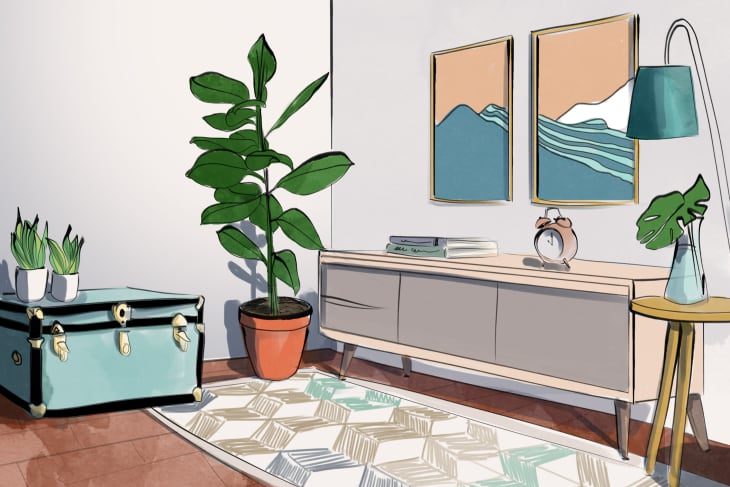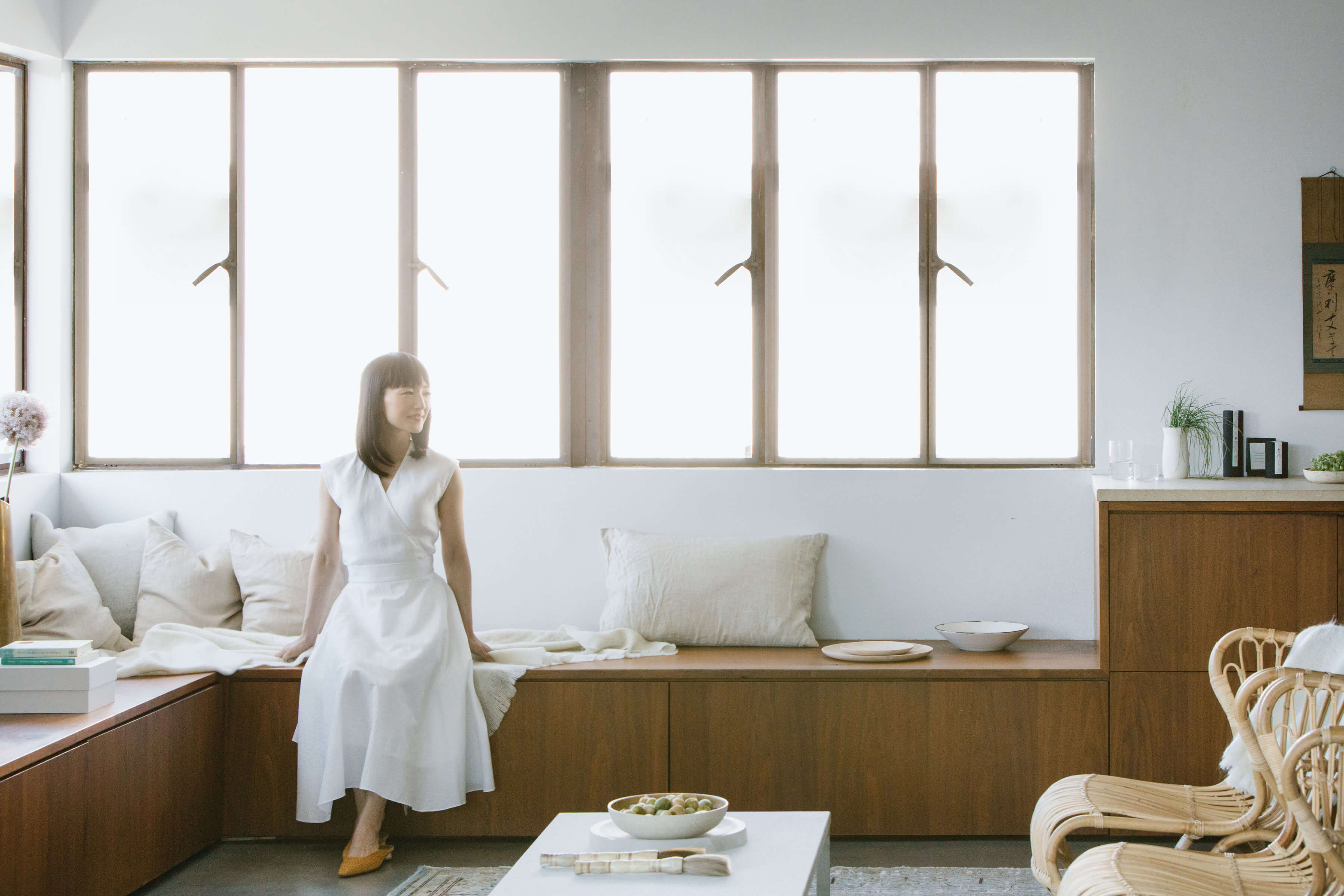Comprehending Minimalism: Strategies for Minimizing Clutter and Enhancing Quality in Everyday Living
Minimalism is significantly recognized as a viable strategy to enhancing clarity and emphasis in today's chaotic globe. By systematically assessing our belongings and prioritizing intentionality, we can develop spaces that not just show our worths yet also advertise mental wellness.
Defining Minimalism and Its Benefits
Specifying minimalism includes comprehending it as a way of living option that stresses simplicity and intentionality in both daily routines and physical ownerships. At its core, minimalism encourages individuals to prioritize what absolutely matters, permitting a more purposeful and concentrated existence. By stripping away the non-essential, minimalism invites individuals to involve deeply with their experiences and environments.
The advantages of adopting a minimalist strategy are complex. It promotes psychological quality, as lowering clutter in one's atmosphere can lead to lowered distractions and anxiety. Individuals frequently report improved concentration and boosted efficiency when surrounded by fewer properties. Second of all, minimalism advertises financial flexibility; by prioritizing needs over wants, people can make even more enlightened investing in choices, leading to prospective financial savings and lowered debt. Furthermore, a minimalist way of life can produce emotional benefits, as it urges people to cultivate gratitude wherefore they have as opposed to yearning for a lot more.
Inevitably, minimalism is not simply regarding worldly reduction however entails an all natural change in viewpoint, promoting a life defined by objective, fulfillment, and equilibrium. Accepting this way of life can result in extensive changes in just how individuals communicate and view with the world around them.
Examining Your Existing Clutter
Clutter typically materializes as a frustrating accumulation of items that no longer serve a function, creating an obstacle to accomplishing a minimalist way of living. Take note of certain groups of products, such as clothing, books, or kitchenware, as this will certainly help you understand the scope of the mess.

Furthermore, consider the frequency of use for each item. Ultimately, understanding your present mess is an essential action toward accepting minimalism and improving clarity in your daily living.

Practical Decluttering Strategies
Having actually assessed your current mess, the next action is to apply useful decluttering strategies that promote a more arranged living room. Minimalism. One reliable technique is the "Four-Box" method, where you mark 4 boxes classified: keep, donate, garbage, and relocate. This technique urges quick decision-making and guarantees products are classified appropriately
An additional approach is the "One in, One out" policy, which specifies that for every new product gotten, an existing thing must be gotten rid of. This principle aids maintain equilibrium and prevents buildup in time. Furthermore, think about the "30-Day Minimalism Video Game," where you This Site remove one item on the first day, 2 on the 2nd, and so forth, cumulatively promoting a feeling of achievement.
Limit yourself to a details number of valued things, enabling you to appreciate their value without frustrating your area. By using these techniques, you can produce a more efficient and tranquil living space, ultimately improving clarity in your everyday life.
Producing Deliberate Rooms
Creating deliberate areas involves a thoughtful approach to how we style and arrange our environments, making certain each area serves a certain purpose and reflects our worths. This technique is crucial in growing a feeling of clarity and objective in our day-to-day lives. By seriously evaluating the feature of each room, we can get rid of diversions and boost our overall well-being.
To produce deliberate spaces, start by identifying the main tasks that will occur in each area. A home office ought to be made to promote efficiency, integrating aspects such as appropriate lights, comfortable furnishings, and very little interruptions. In contrast, a relaxation location ought to promote tranquility, including comforting shades and comfortable seats.
In addition, think about the psychological influence of your surroundings (Minimalism). Incorporating personal products that resonate with your values, such as artwork or plants, can enhance the link to your room. Consistently assess these environments to ensure they continue to offer their desired objective as your demands progress
Ultimately, developing deliberate spaces is regarding making mindful options that line up with your lifestyle, promoting consistency and effectiveness see in your living and workplace.
Keeping a Minimalist Frame Of Mind
Welcoming a minimalist mindset calls for ongoing reflection and intentionality in our thoughts and actions. This method entails cultivating awareness of our worths and concerns, allowing us to filter distractions and focus on what really matters. To keep this frame of mind, normal self-assessment is vital. Set aside time to review your commitments, properties, and also electronic web content, ensuring they align with your core concepts.
This shift in viewpoint encourages appreciation for simpleness, enhancing overall health. Incorporating mindfulness techniques, such as reflection or journaling, can better enhance a minimalist mindset by promoting clearness and reducing mental clutter.
In addition, develop borders to safeguard your energy and time. Discover to state no to non-essential responsibilities and distractions that do not contribute to your personal development. Surround on your own with like-minded individuals that sustain your minimal trip, as shared worths can enhance inspiration and liability.
Verdict
Finally, accepting minimalism supplies substantial benefits, consisting of minimized mess and enhanced quality in every day life (Minimalism). By methodically examining belongings and executing practical decluttering techniques, people can produce deliberate areas that promote mindfulness and appreciation. Maintaining a minimal way of thinking calls for recurring evaluation and commitment to simplicity, eventually leading to a more focused and fulfilling way of living. The concepts of minimalism function as important tools for growing a setting that supports personal development and wellness.

Furthermore, consider the "30-Day wikipedia reference Minimalism Video Game," where you remove one item on the very first day, two on the second, and so forth, cumulatively cultivating a feeling of accomplishment.
In conclusion, accepting minimalism supplies substantial benefits, including minimized clutter and enhanced clarity in day-to-day life.